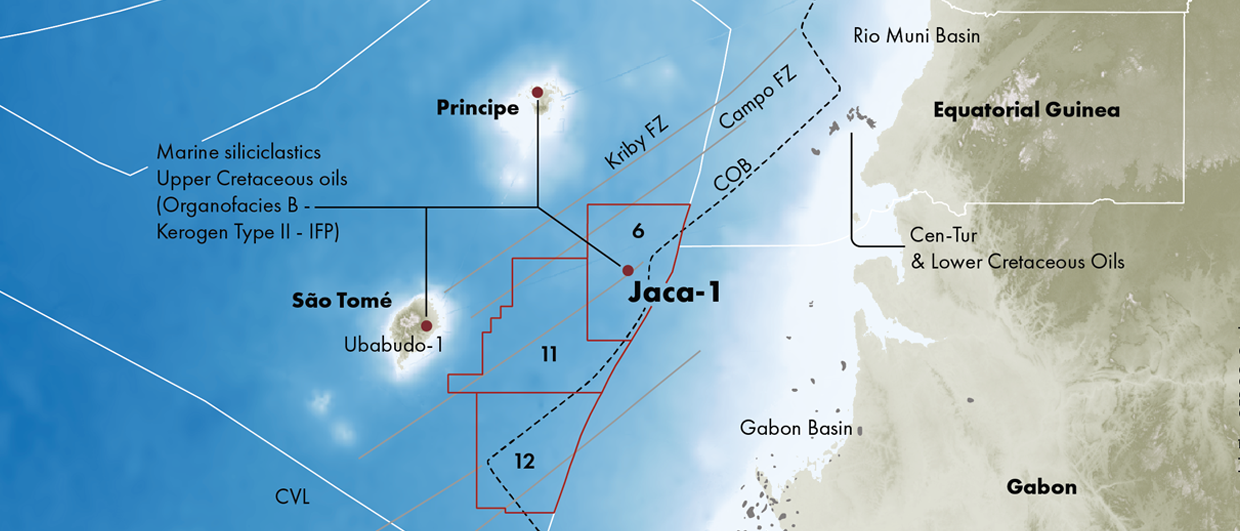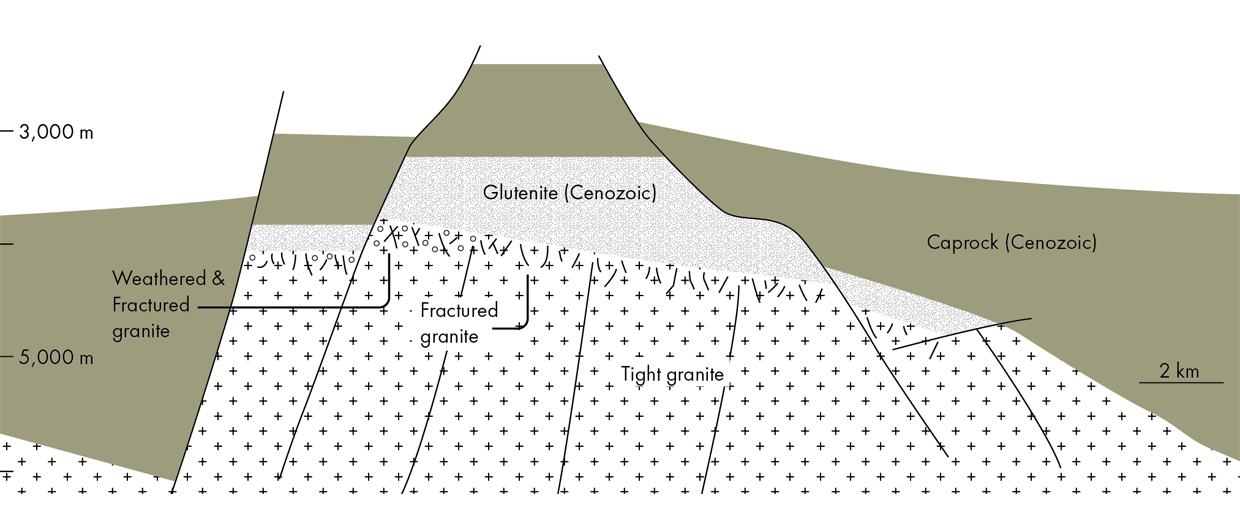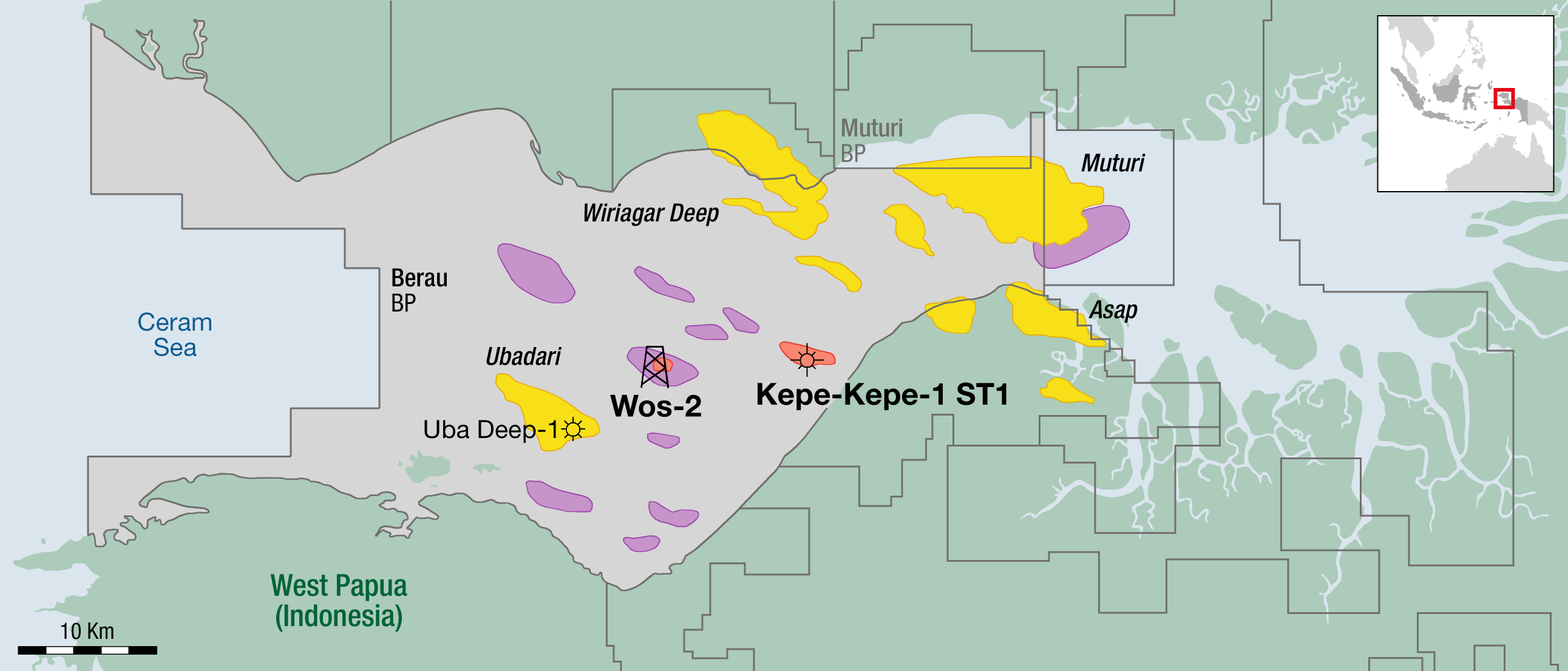Why are you fascinated by maps?
Francis Cram studied at the universities of Bristol and Manchester before embarking on a career as a petroleum geologist, working on international projects in Libya and Tanzania and the North Sea, where he learnt the value available in legacy datasets. This led him to found tech start-up MapStand, a platform mapping global oil and gas activities with open access to interactive asset maps and geotagged newsfeed and profiles. © MapStand.
I have always loved maps, from Winnie the Pooh’s 100 Acre Wood as a child and Middle Earth as a teenager, to detailed geological maps of everywhere I have travelled since. Maps bring complex ideas to life and when done well can tell stories in amazingly simple ways. Over the past few years we have seen webmaps really take off, with people now using maps every day on their phones for navigating through cities, finding each other on dating apps, or using maps with augmented reality when playing games like Pokemon Go. As an industry where location is so important, it feels to me that we are quite far behind when analysing, understanding and engaging visually with what is happening.
Is open data important to the O&G industry?
The oil and gas industry has traditionally been very secretive about its activities, but this is changing fast. In the UK we have seen the amazing work being done by the OGA with not only the basic spatial data around activities such as licences and wells, but also government-funded seismic data and studies being published for free. These are designed to encourage innovation and activities, especially in frontier areas. MapStand is building on these great ideas and expanding around the world to help create a single integrated global dataset.
Has the industry accepted open data access?
Many people I speak to have realised that we need to be more open, in order to create new opportunities and to work more efficiently. People are now concerned that if we don’t act today opportunities may disappear forever. Opening up data can get the right information to the right people, at the right time. This could be a farmout, the site of a multiclient 3D survey, or the location of a vessel or rig. Timing is everything.
What are the economic benefits to accessing more data?
More data is one thing. Open data is another and is something that is often misunderstood. For the oil and gas industry the benefits of having access to global reference datasets is enormous. By being open we enable people to use our data without the normal restrictions, which gives them the freedom to build products and innovate. Being open also gives the whole supply chain visibility of upcoming activities, enabling proper planning and better allocation of resources. This is one of the ways in which the industry will reduce cost through efficiencies and also reduce the environmental impact of our activities.
Why did you set up MapStand?
Ever since I started in the oil and gas industry I have been frustrated by a total lack of free spatial datasets, or apps and tools that enable me to quickly find out what the industry is doing; where the latest discoveries are, what companies are up to, what am I going to be asked in a job interview? This inability for people who enter the industry to understand and engage is a huge missed opportunity. So our product is for individuals. You can now create a career profile on MapStand by interacting with the map contents, building up detailed maps of your career and tracking experiences. MapStand is more than an activity map – it is a business network designed for the way we work, making expertise and knowledge searchable.
The company is part of the UK Open Data Institute (ODI). What is this?
The ODI are pioneers who are working with many different organisations and industries promoting the benefits of open data. They support research into important topics like the benefits and stewardship of open data, and also the ethics of data. At MapStand our terms and conditions are based on creative commons non-commercial attribution licences, to enable our users the maximum freedom to use our data and to innovate. Our ambition is for basic activity map datasets (licences/concessions and the locations of fields and wells) to be truly open and we will be working with the ODI to deliver this objective. For this to happen we are encouraging government agencies and NGOs around the world to embrace the possibilities that open data can bring, both social and economic.





